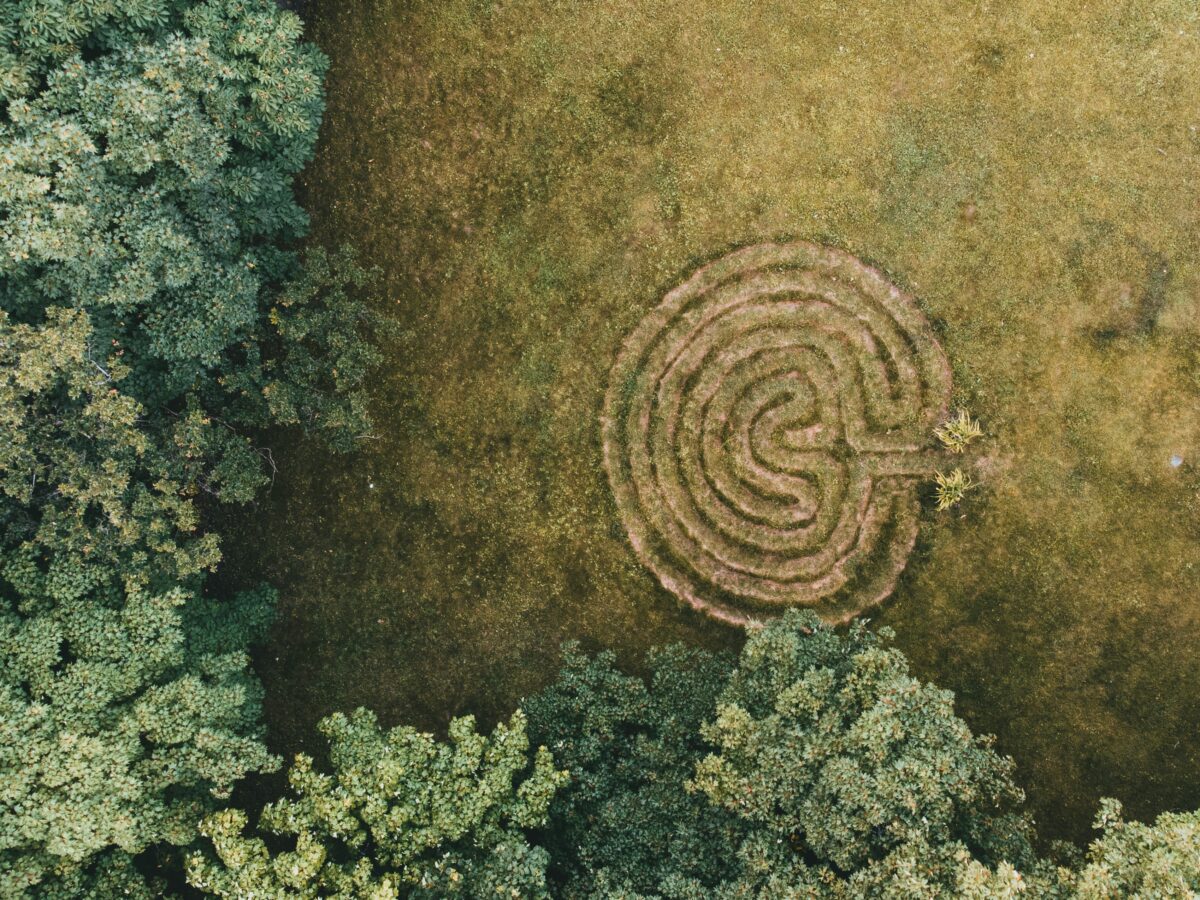Thinking about booking a psychedelic retreat? Although this guide won’t recommend specific spots, it will help you ask the right questions so you can choose with care. Your safest compass is a blend of set and setting, paired with physical, mental and spiritual safety. Set is your inner world: your mindset, emotions, and intention. Setting is your outer world: the people, place, and structure that hold you. When set and setting are aligned, a psychedelic retreat is more likely to feel grounded and constructive.

Thinking about booking a psychedelic retreat? Although this guide won’t recommend specific spots, it will help you ask the right questions so you can choose with care. Your safest compass is a blend of set and setting, paired with physical, mental and spiritual safety.
It’s true: when set and setting are aligned, a psychedelic retreat is more likely to feel grounded and constructive.
Together, set and setting can shape how a psychedelic experience unfolds.
A large naturalistic research on psilocybin found that context, intention, and psychological traits relate to both immediate effects and the changes that last from weeks to months. People often report improvements in depression, anxiety, emotion regulation, and spiritual wellbeing, and a small minority report persisting negative effects (which is another reason to plan carefully).
If you’re reading this because you typed “psychedelic retreat” into a search bar, pause and ask yourself what you really want from this experience. A clear intention plus a supportive environment can make the difference between healing insight and a hard night that feels really confusing. Reviews and science agree that set and setting influence outcomes across classic psychedelics.
Your mindset can color the entire journey. Calm, open, and curious attitudes tend to support learning and relief. Anxious, hurried, or “prove something” energy can show up as tension during the experience. Try this simple pre-work before any psychedelic retreat (or facilitated session, whether it’s in a group or individual).
Intentionality matters. In naturalistic psilocybin data, many participants reported setting clear intentions and described how surrender and absorption shaped both the acute effects and longer term outcomes.
Setting is the location and social container. Ask yourself: what places make my nervous system feel safe? What people help me regulate? What sensory elements support me? (like light, sound, temperature, soft textures, etc.)
Practical tools, gentle music, grounding items, and flexible sensory choices often help. Peer experts emphasize preparation, managing challenges by adjusting the environment, and planning for integration afterward.
Below you will not find a list of endorsements. Instead, it’s a readiness checklist to help you evaluate any psychedelic retreat.
Screening and Medical Oversight
Consent, Boundaries, and Touch
Emergency Readiness
Training and Accountability
Integration and Aftercare
These are signals to slow down or walk away from a psychedelic retreat:
In the largest prospective survey of naturalistic psilocybin use to date, participants generally reported benefits two to three months later, including reduced depression and anxiety, with a small minority reporting persisting negative effects. Mindset variables like surrender, and features of the experience such as meaningfulness, related to outcomes over time. These findings support the everyday wisdom that context matters, and they reinforce why careful preparation and integration are not optional.
When it comes to psychedelic retreats, focus on safety practices first. (And if you choose to work at home or in nature instead, remember that similar principles apply.) Calm preparation, a supportive sitter, and plans for the days before and after can reduce risk and increase the chance that insights are usable in real life. Interviews with peer support leaders underline this same arc: prepare, tend the setting, adjust during challenges, integrate afterward.
If you’re looking for personalized guidance and support before or after a psychedelic experience, the Unlimited Sciences Psychedelic Info Line offers free, 1:1 support for answering questions about psychedelic safety, integration and emotional processing. We’re an evidence-based, non-judgemental space to get the answers you’re looking for.
No comment yet.
Join our email list and get immediate access to part one of our psilocybin guide. You’ll also get the latest in how we’re bridging the gap between science and soul: psychedelic research updates, real-world findings, community-driven education, personal stories and expert insights on natural medicine.
Advancing Real-World Psychedelic Research and Science-Backed Education
Unlimited Sciences is provided with a nonprofit status by fiscal sponsorship through Realm of Caring Foundation.
Federal EIN: 46-3371348.
© 2025 Unlimited Sciences. All Rights Reserved.
Designed by Gloss